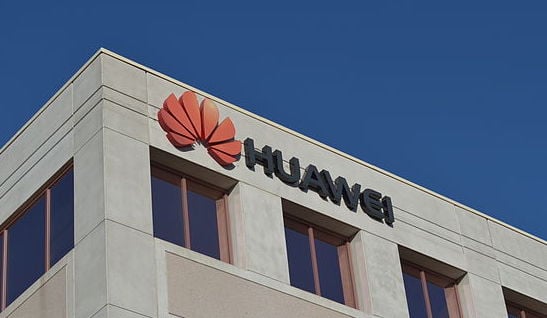 Chinese tech giant Huawei announced that it is working on a new operating system called HarmonyOS.
Chinese tech giant Huawei announced that it is working on a new operating system called HarmonyOS.
By launching its own operating system Huawei won’t be so reliant on Google’s Android OS for its smartphones and tablets. Huawei said it began working on the OS in 2017.
Google suspended Huawei’s Android license earlier this year after the US sanctions put the company on a trade blacklist.
According to Wired, Richard Yu, CEO of the company’s Consumer Business Group, said at Huawei’s developer conference in Dongguan, China:
“We needed an OS that supports all scenarios, that can be used across a broad range of devices and platforms, and that can meet consumer demand for low latency and strong security.”
Huawei says that its microkernel-based distributed OS, which can be used in smartphones, smart speakers, wearables, and in-vehicle systems. Huawei says the a modularized HarmonyOS be nested to adapt flexibly to any device to create a ‘seamless cross-device experience’.
A modularized #HarmonyOS can be nested to adapt flexibly to any device to create a seamless cross-device experience. Developed via the distributed capability kit, it builds the foundation of a shared developer ecosystem #HDC2019 pic.twitter.com/2TD9cgtdG8
— Huawei Mobile (@HuaweiMobile) August 9, 2019
It will be released as an open-source platform worldwide.
Huawei said it would begin by focusing the development of HarmonyOS on China (where it will be called HongmengOS) before expanding globally.
Huawei said that “for the time being” it plans to continue using Android on its phones, even though it remains “unclear” whether it will be able to use Android in the future. The company is “waiting on an update” to find out.
